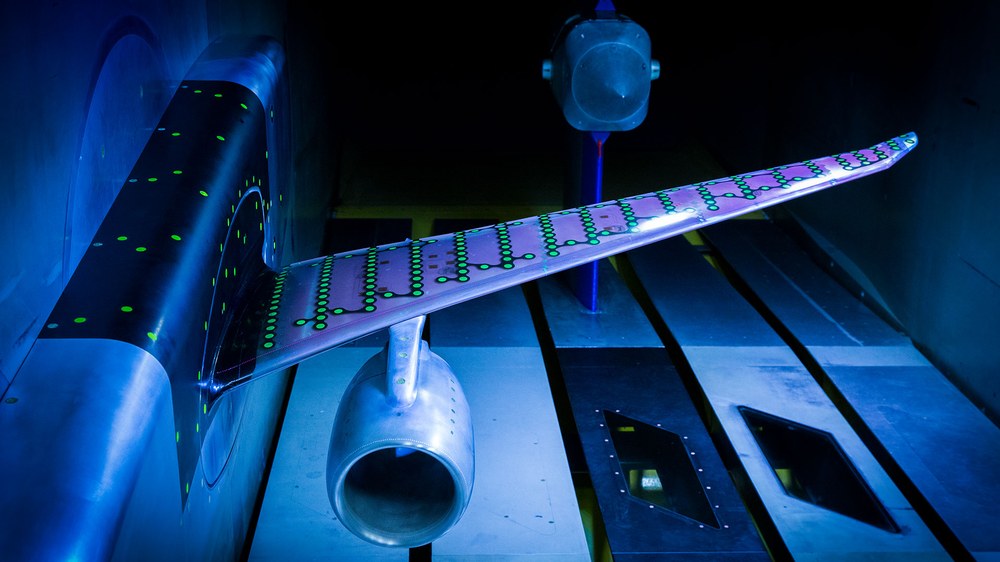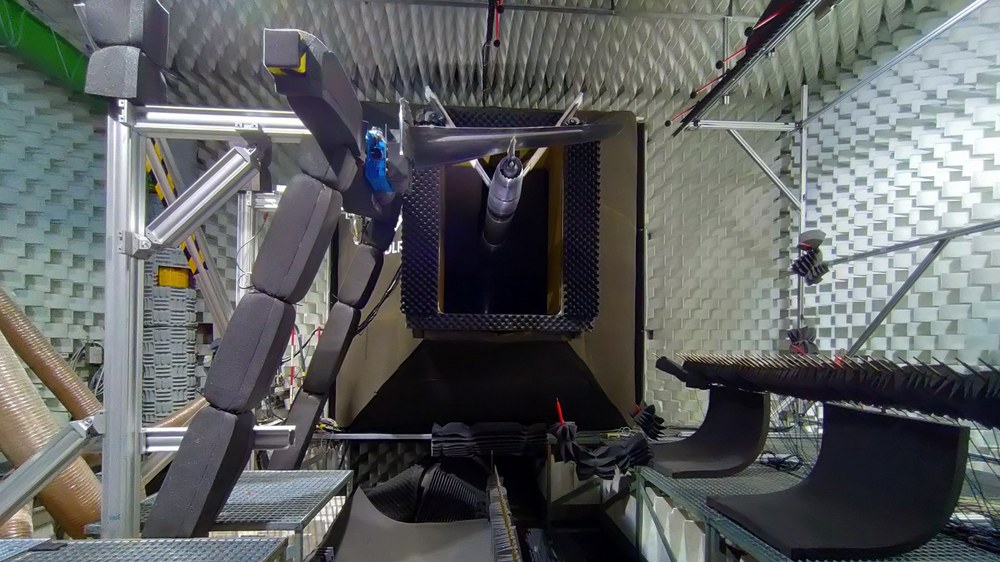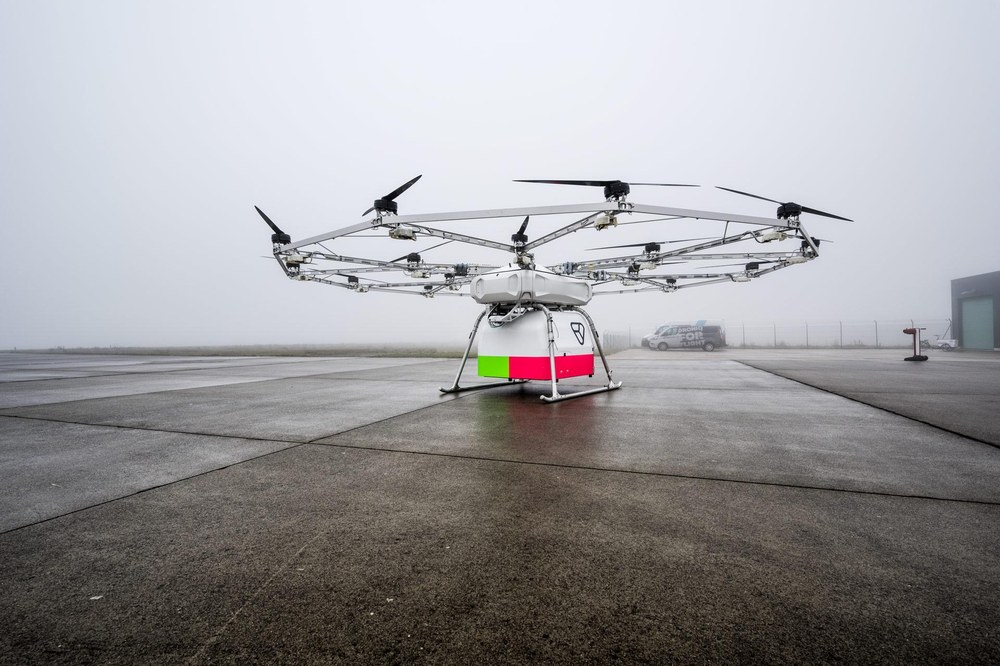Strategy and programme



Aviation connects billions of people, fostering intercultural understanding and the exchange of experiences and knowledge. It connects companies around the globe and is the backbone of time-dependent supply chains and markets for high-value goods. Globally, the aviation industry provides jobs for approximately 65 million people across a wide range of professional qualifications.
Shaping the air transport system of tomorrow
As a result, global air transport has experienced exponential growth in recent decades and continues to double roughly every 15 years.
This continuous demand for air transport poses significant challenges for the aviation sector to achieve environmental sustainability. Aviation impacts the environment through its carbon dioxide (CO₂) emissions and its influence on the chemistry and physics of the upper atmosphere, known as non-CO₂ emissions. In addition, noise pollution is of great concern, particularly in urban areas and neighbourhoods surrounding airports.
Minimising the environmental footprint of the entire mobility system requires decoupling the growth of air traffic from emissions to meet global targets for limiting atmospheric temperatures by the middle of this century. Achieving this requires rethinking the entire process of aircraft development, production and operation throughout their life cycle, along with their seamless integration into the overall air transport system.
Emerging fields in aeronautics research – such as digitalisation, increased electrification in aircraft, the use of artificial intelligence and individualised and demand-oriented mobility in connection with autonomous, uncrewed flight – not only present challenges but also offer new opportunities for the aviation sector and society. These advancements need to be researched and evaluated carefully in terms of their risks and benefits.
The geopolitical situation and, in particular, the steady increase of cyber-attacks on all parts of the air transport system add to the complexity and require resilient technical solutions and processes to ensure safety at the highest level.
Aviation faces the dual challenge of fulfilling society’s global mobility requirements while simultaneously meeting environmental protection targets. This results in drastic requirements for reducing the entire climate footprint of the aviation system.
Strategy and content
The DLR Aviation Strategy outlines the medium- to long-term research agenda for climate-compatible aviation at the highest safety standards by the latter half of this century. Its overarching goals align with the European Green Deal strategy and the associated Strategic Research and Innovation Agenda (SRIA). The contents and recommendations of the DLR Aviation Strategy are already reflected in the Aeronautics Programme and the corresponding programmatic research portfolio.
The DLR Aviation Strategy consists of three core sub-strategies: the DLR Strategy for Climate Compatible Aviation, the DLR Strategy for Uncrewed Aviation and the DLR Aviation Strategy for Safety Research. Together, they provide a comprehensive roadmap for all DLR aeronautics research activities, addressing existing and foreseeable challenges while seizing new opportunities.
Vision and mission
With its expertise in evaluating aviation technologies at the system level, DLR is uniquely positioned to assess new technologies, procedures, processes and production methods over their entire life cycle, driving both ecological and economic transformation in aviation. DLR develops technological solutions, methods and processes ranging from individual technologies to complete aircraft and the architecture of automated air transport systems, including their impacts. From the outset, the goal is to foster societal acceptance of this new form of mobility. DLR also serves as the central contact point for application-oriented aeronautics research, with use in civil security and defence technology. Through continuous forward-thinking and by developing tools and capabilities applicable to security and defence research, DLR's aeronautics research fulfils its mission to provide national assessment and analysis capabilities based on the highest research standards. In doing this, DLR ensures national access to critical defence aviation competencies and supports the competitiveness of the national aviation industry.
DLR is the primary point of contact in its research fields, facilitating knowledge exchange with public stakeholders including ministries, authorities and civil servants working to strengthen Germany as a business hub and protect democracy.
